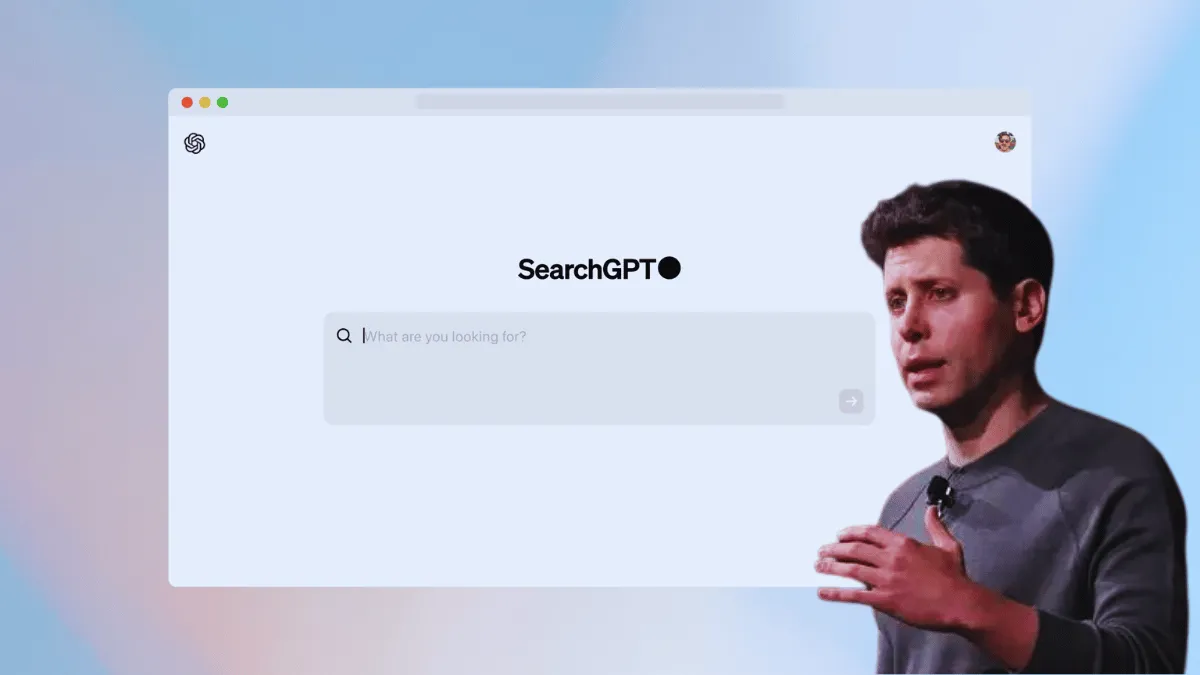OpenAI has just rolled out a new tool called SearchGPT, designed to make searching the web faster and more accurate. This prototype combines the power of AI with real-time information from the internet to give you quick, clear answers with direct links to the sources.
How SearchGPT Works
SearchGPT aims to improve your search experience by providing immediate answers to your questions. Instead of sifting through multiple search results, you’ll get straight to the information you need. The tool uses the latest web data to ensure that the answers are up-to-date. You can also ask follow-up questions and have a more conversational experience, similar to chatting with a knowledgeable friend.
Partnering with Publishers
OpenAI is collaborating with publishers and content creators to feature high-quality content in SearchGPT. Nicholas Thompson, CEO of The Atlantic, emphasized that it’s crucial for AI search tools to support and respect journalism. SearchGPT will prominently show where information comes from with clear links, so you can easily check sources and find additional content.
Transparency and Control for Publishers
SearchGPT is designed to be transparent. Answers will include clear citations and links to the original sources, helping you verify the information. Publishers have control over how their content appears in SearchGPT, which means they can manage their visibility without having their content used for AI training if they choose to opt out.
Robert Thomson from News Corp praised the approach, saying that effective AI search tools must rely on high-quality, trusted information from reliable sources.
What’s Next for SearchGPT?
OpenAI plans to continue improving SearchGPT, including adding features for local information and online shopping. They’re eager to gather feedback from both users and publishers to refine the tool further. If you’re interested in trying out SearchGPT and sharing your thoughts, you can sign up for the waitlist.

